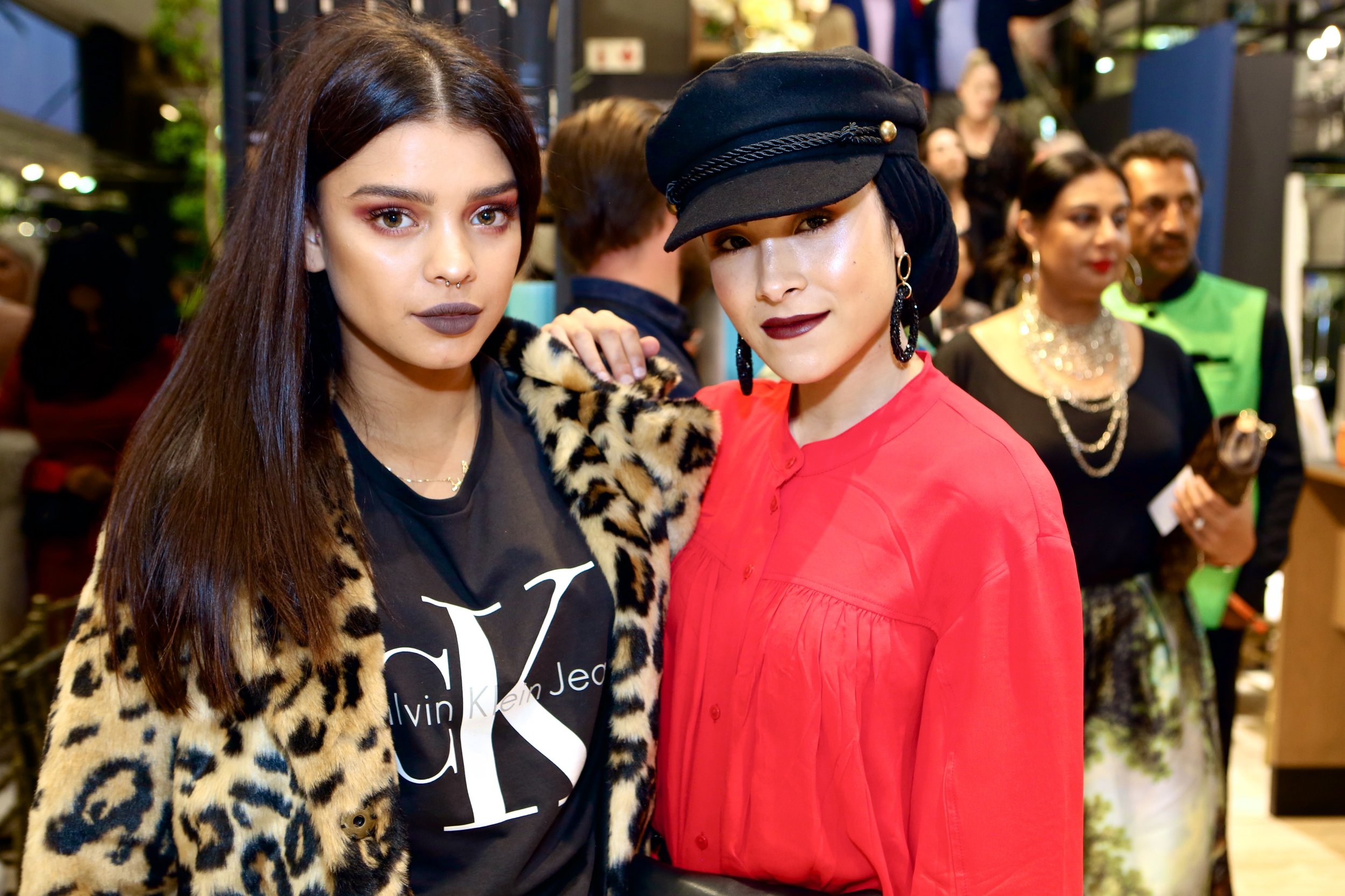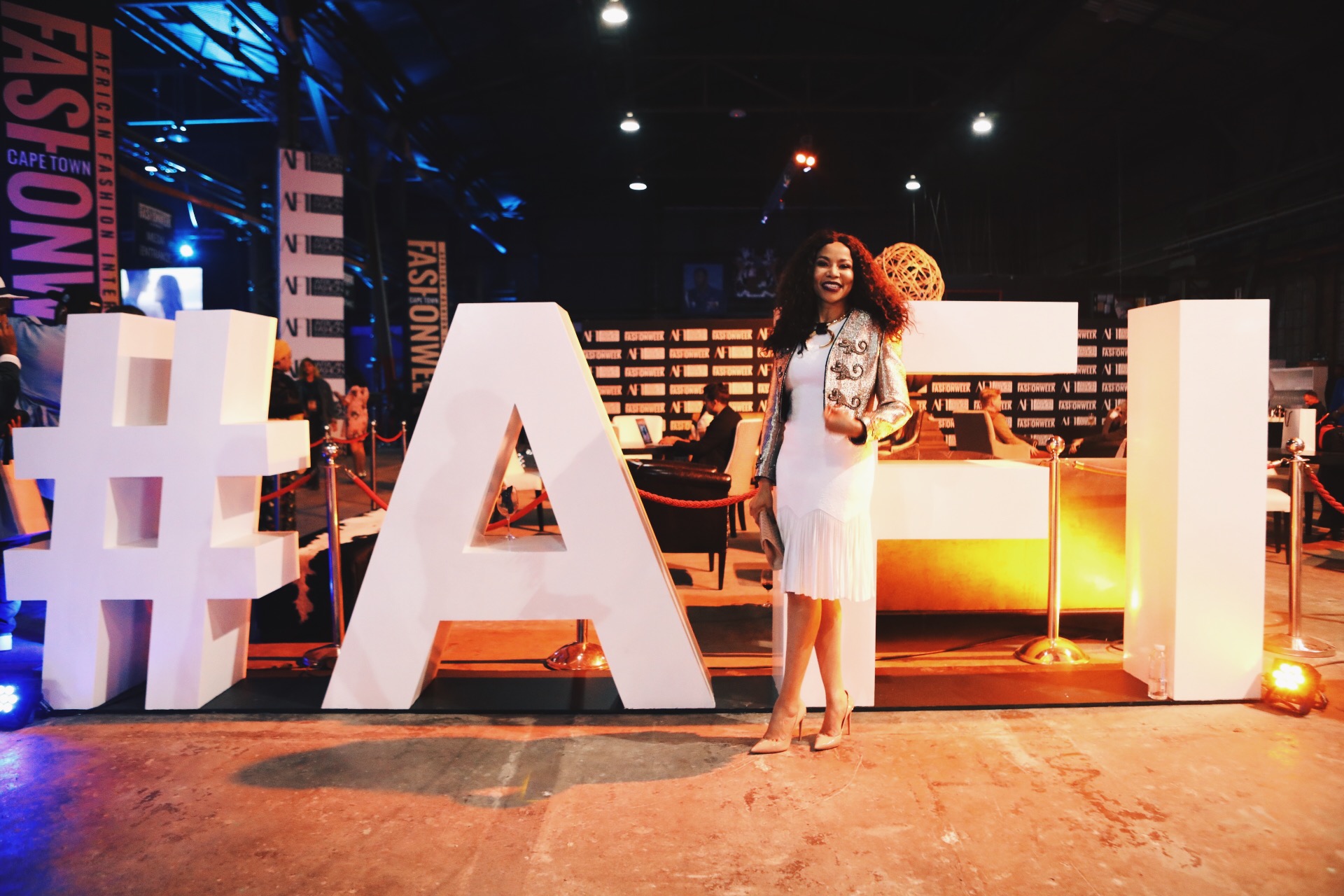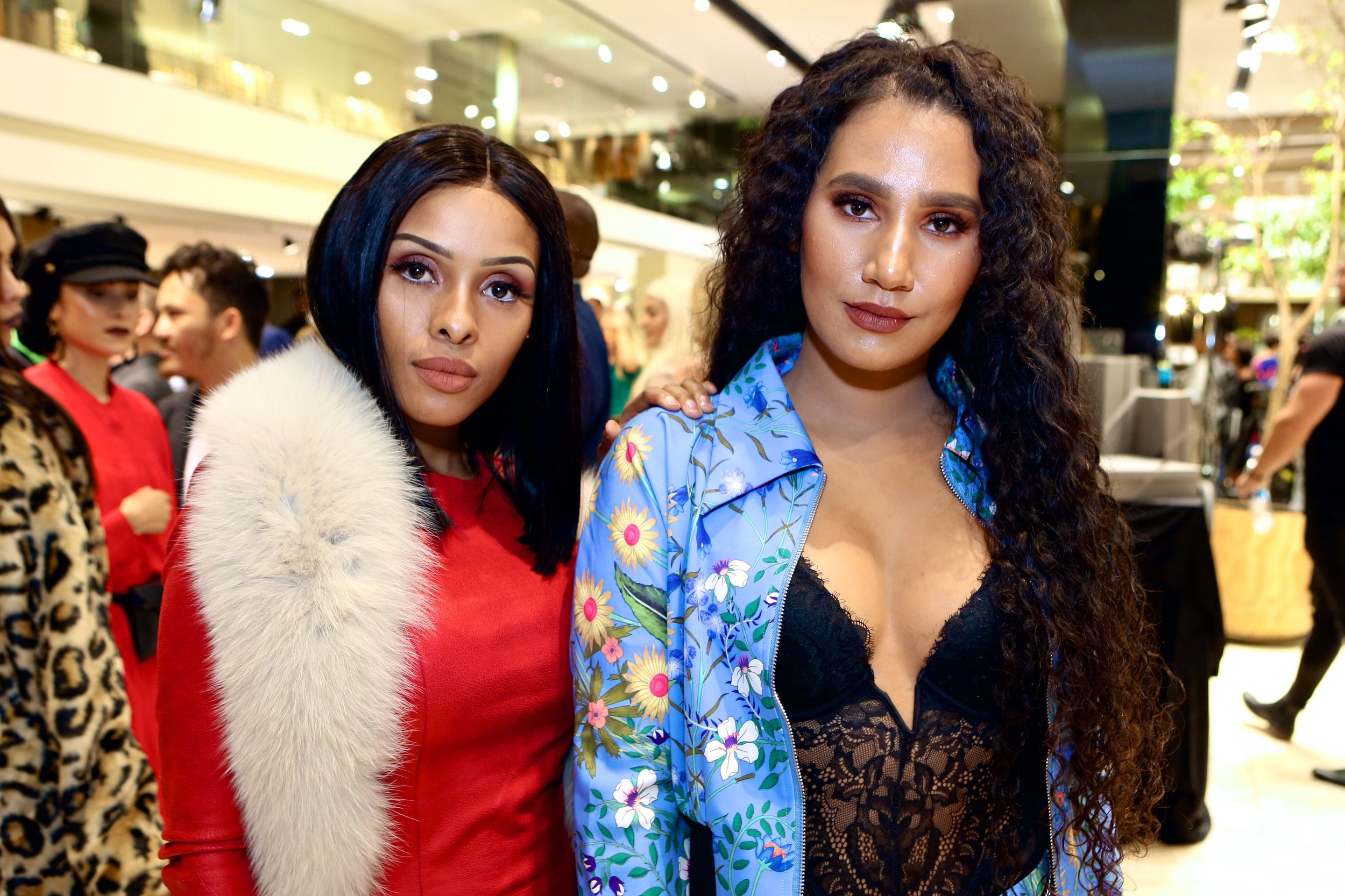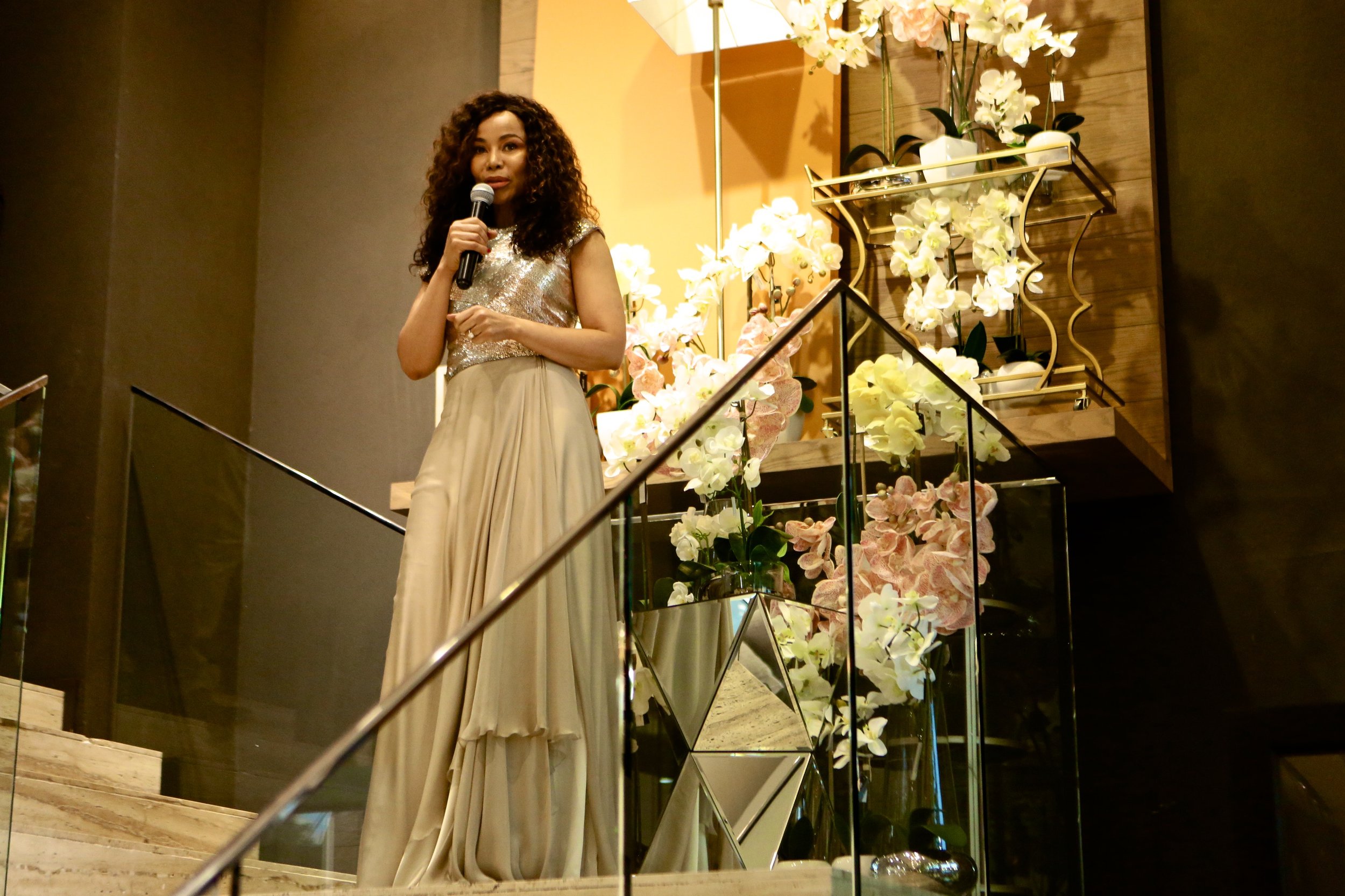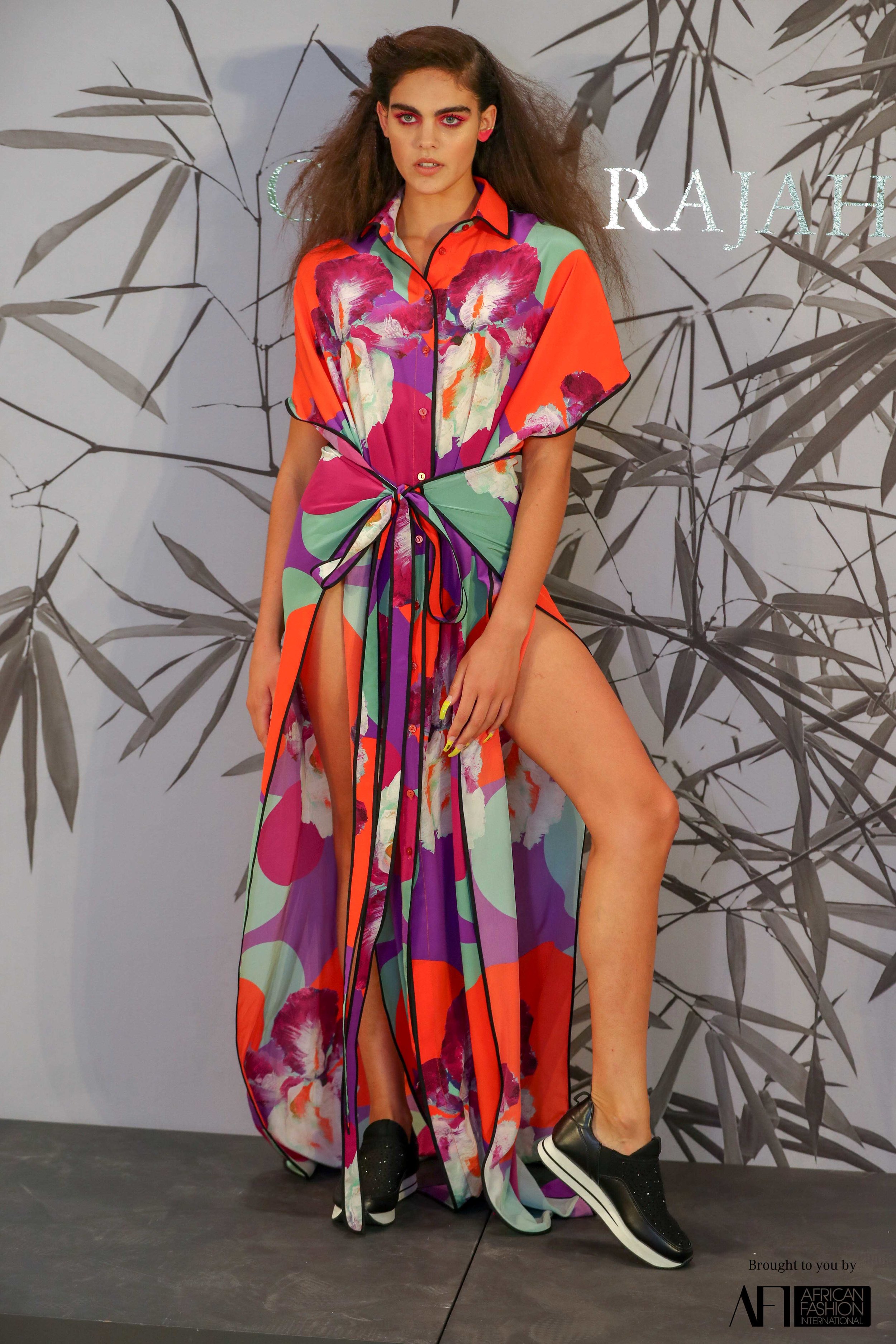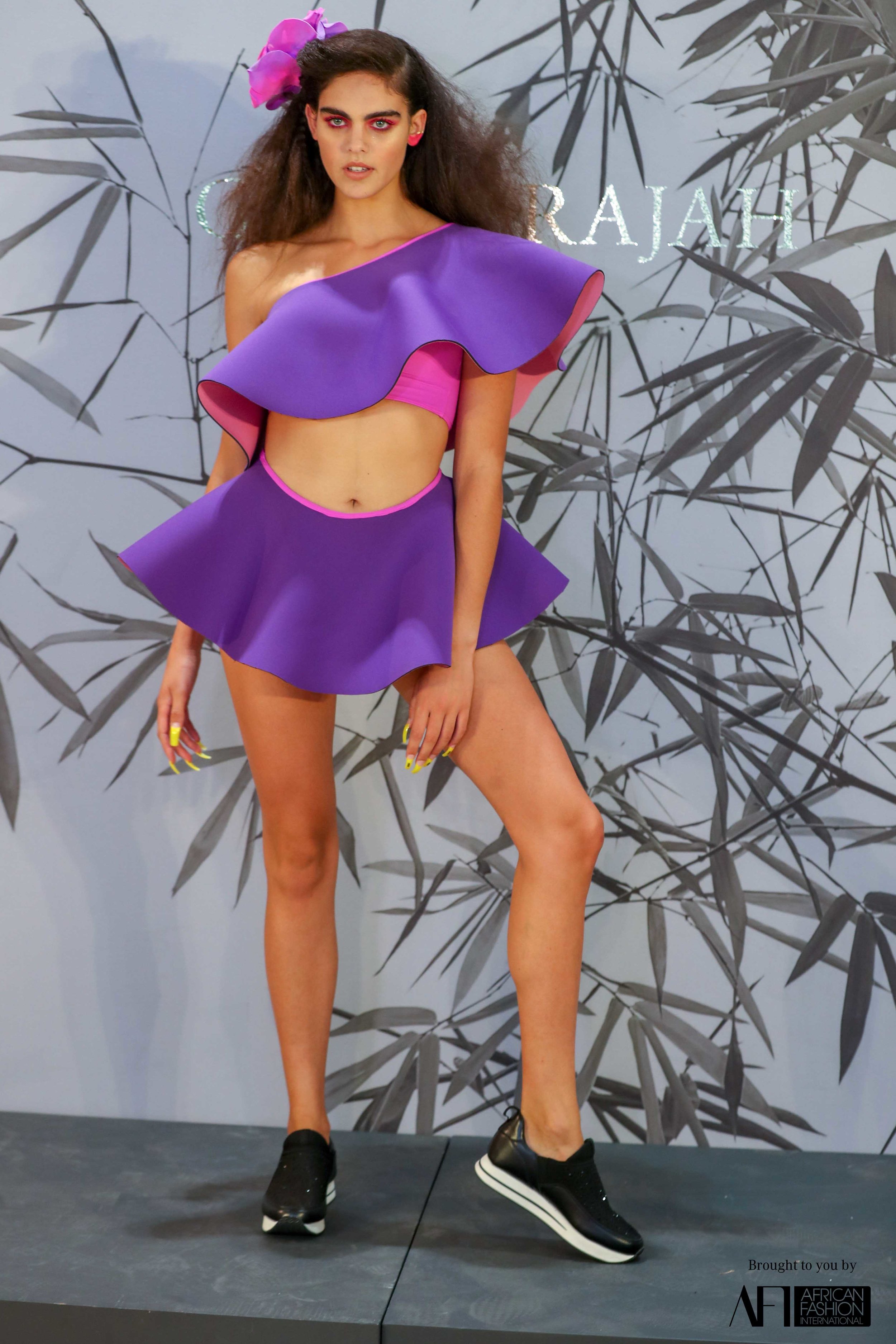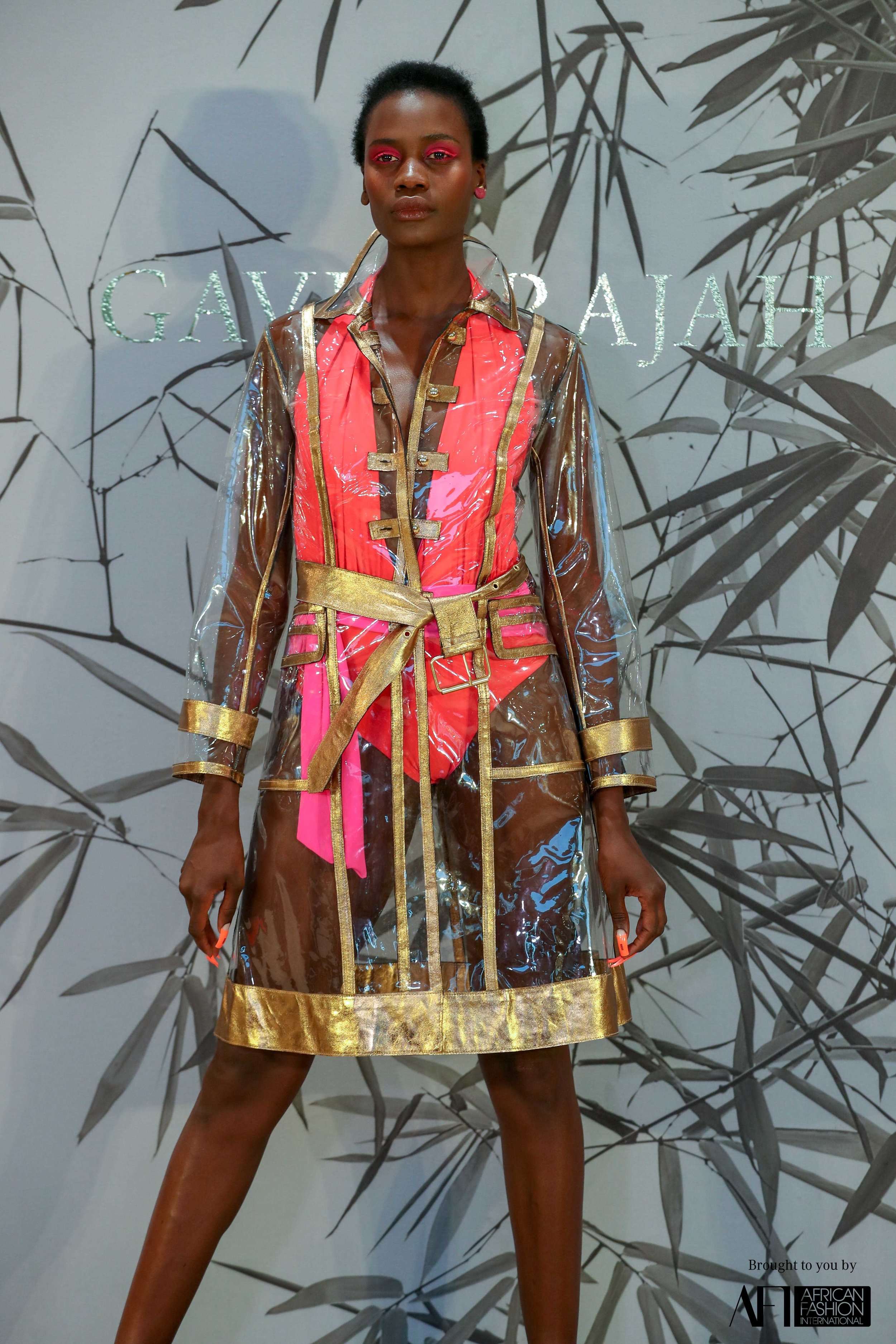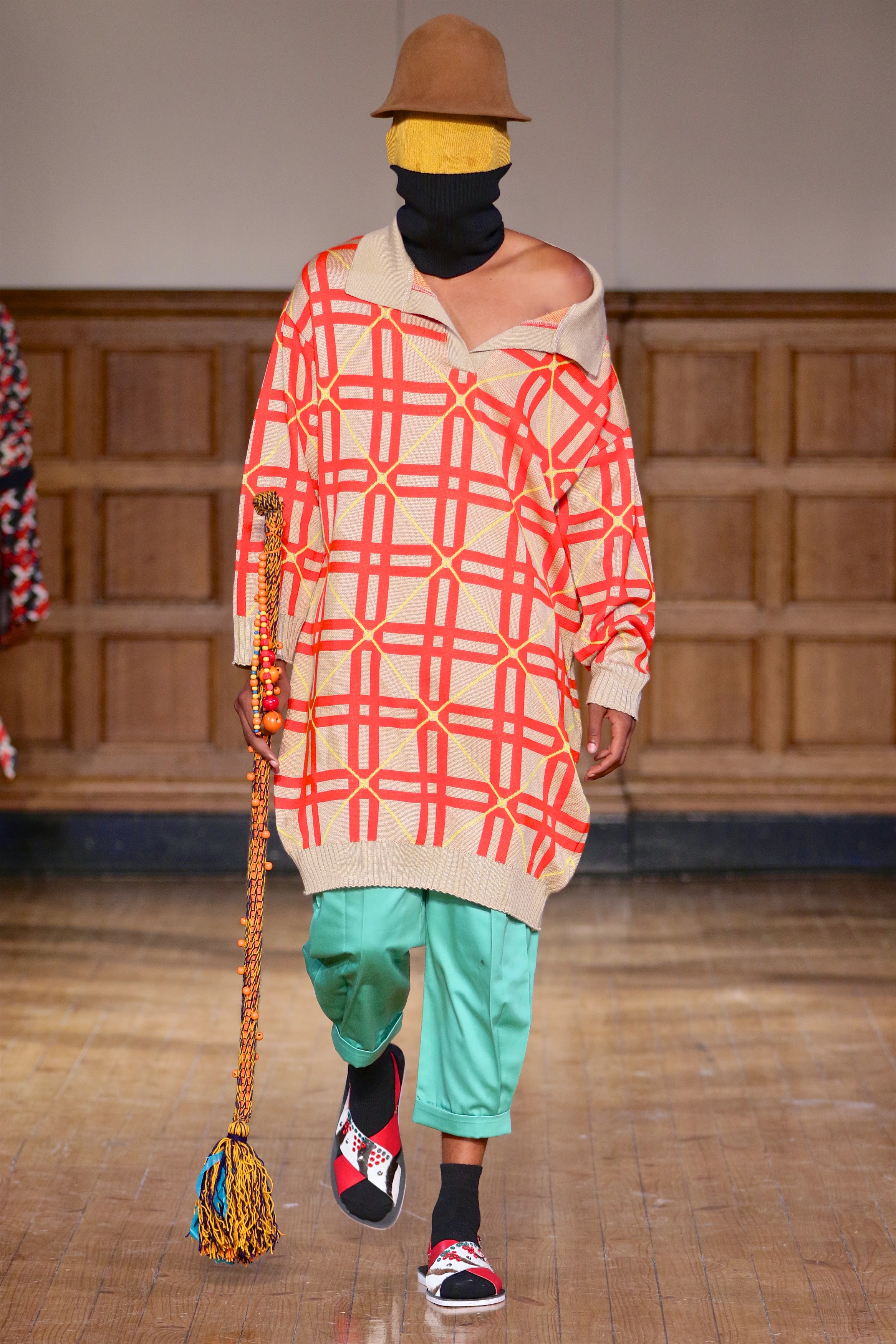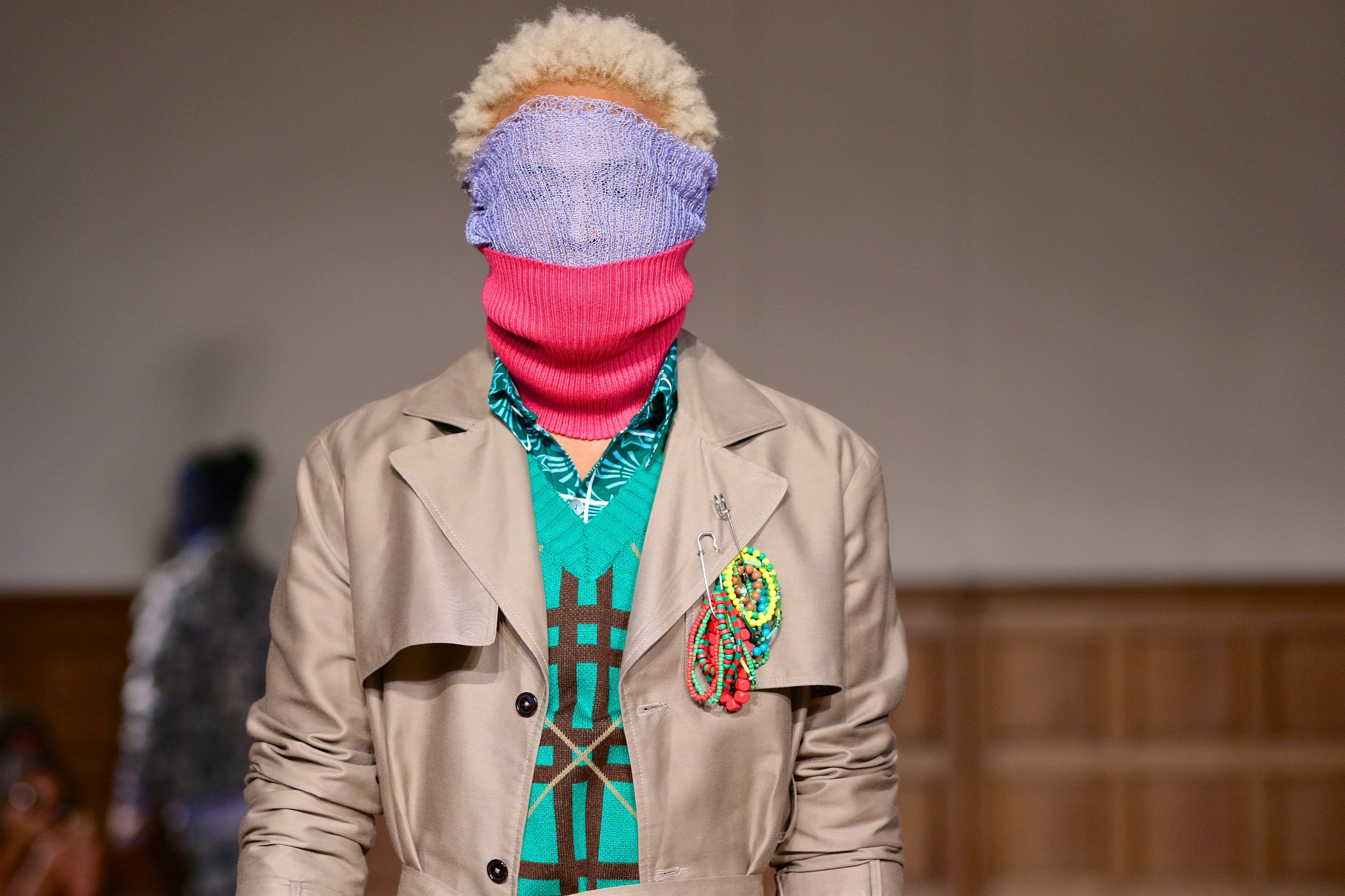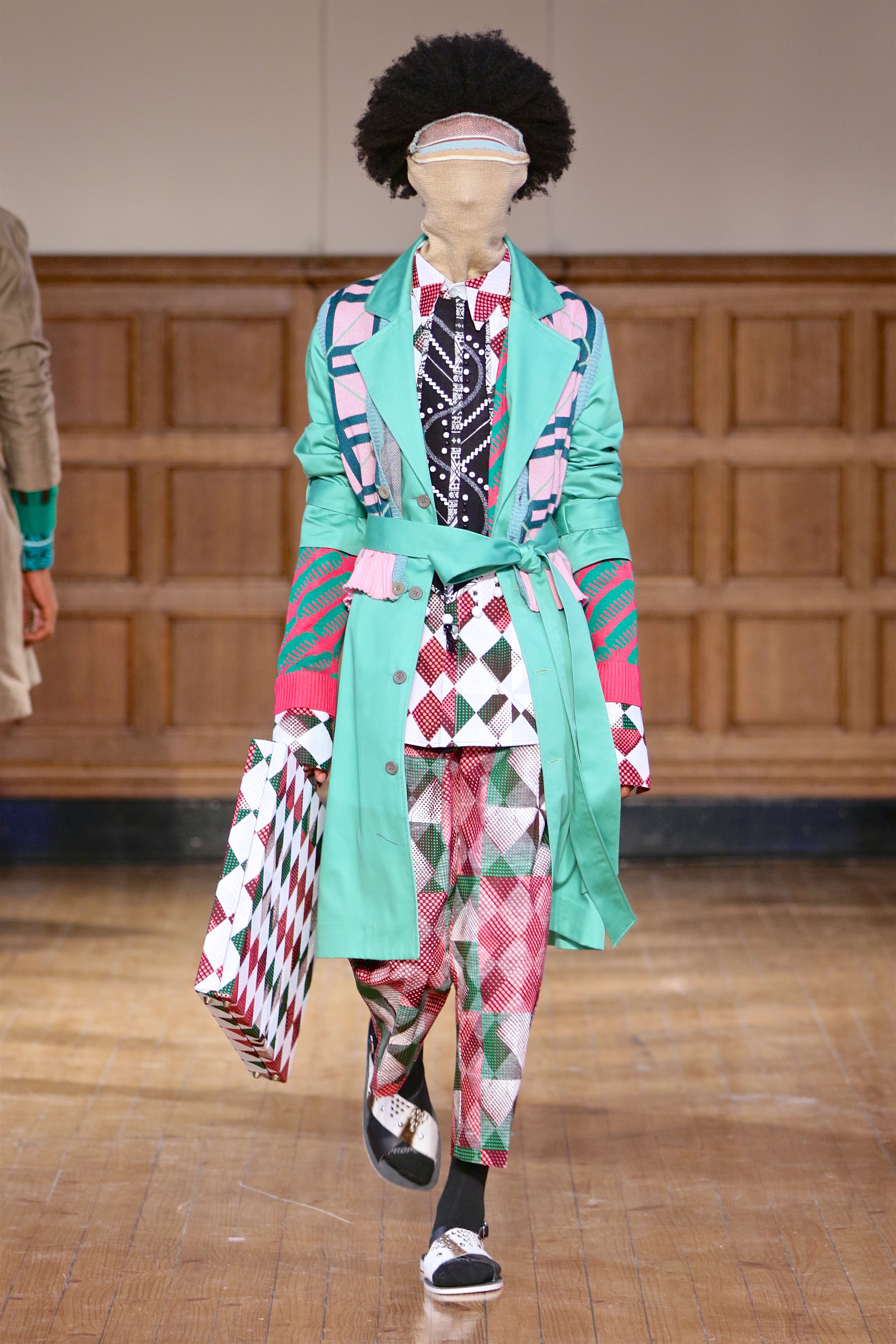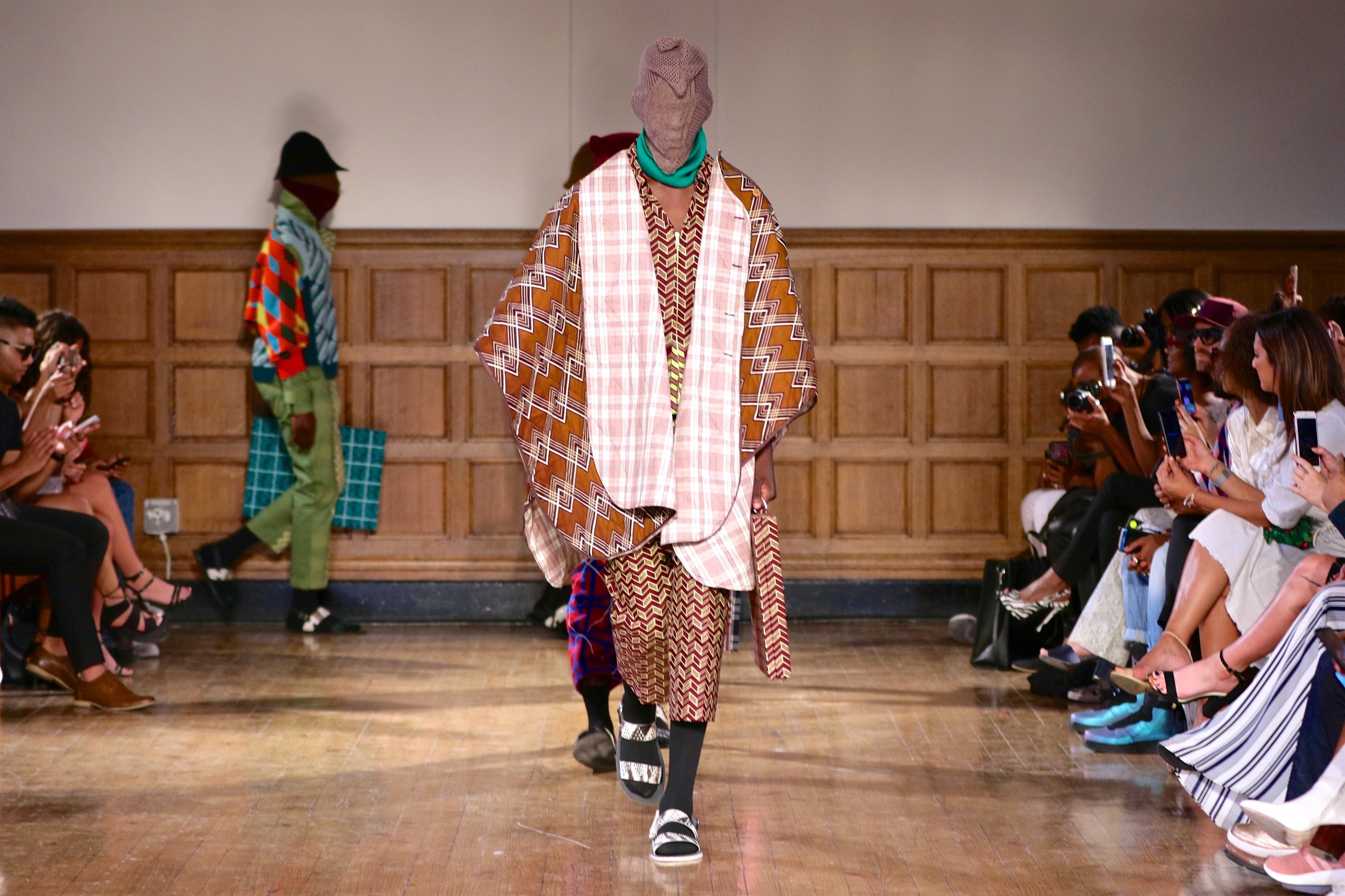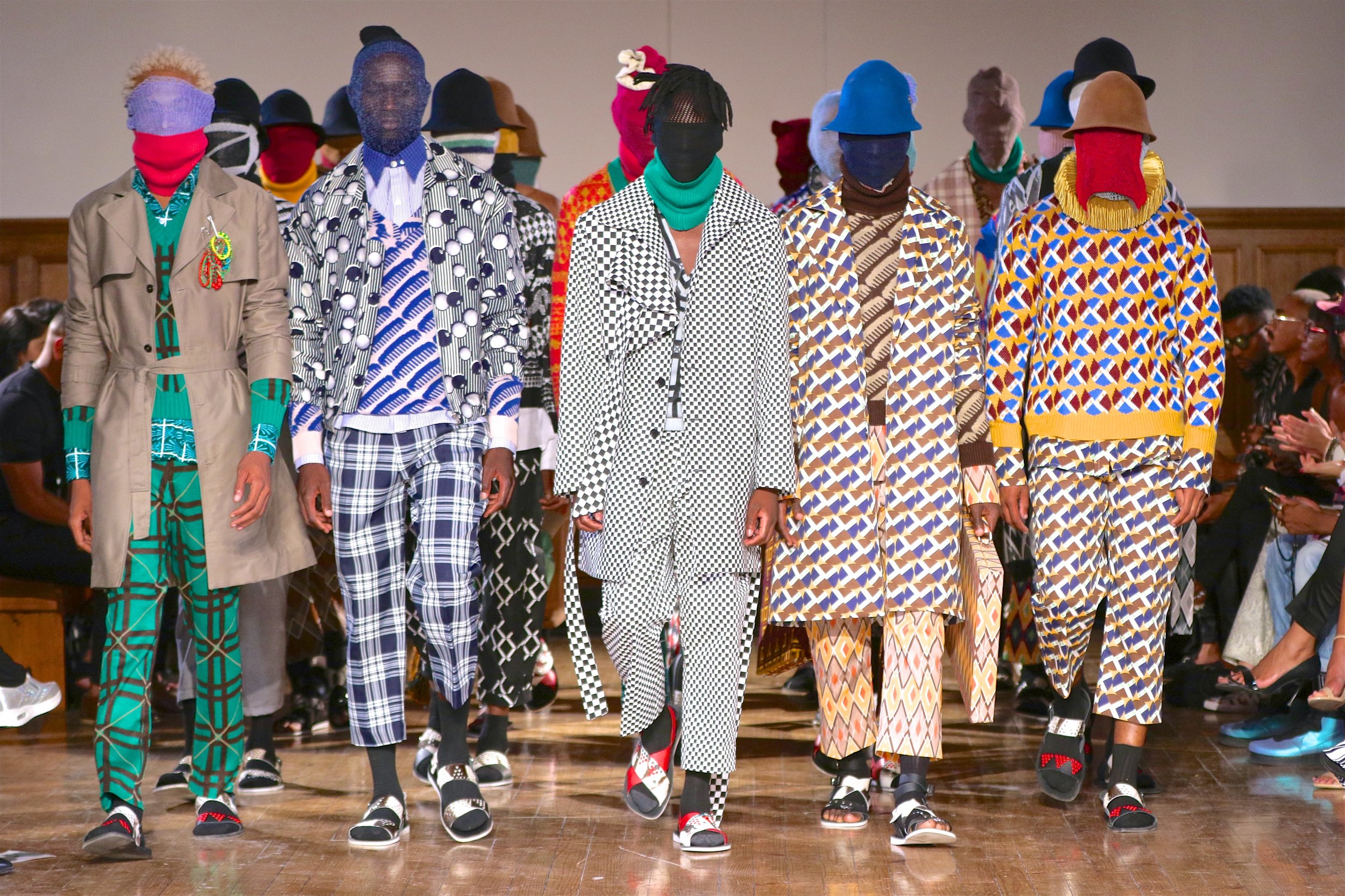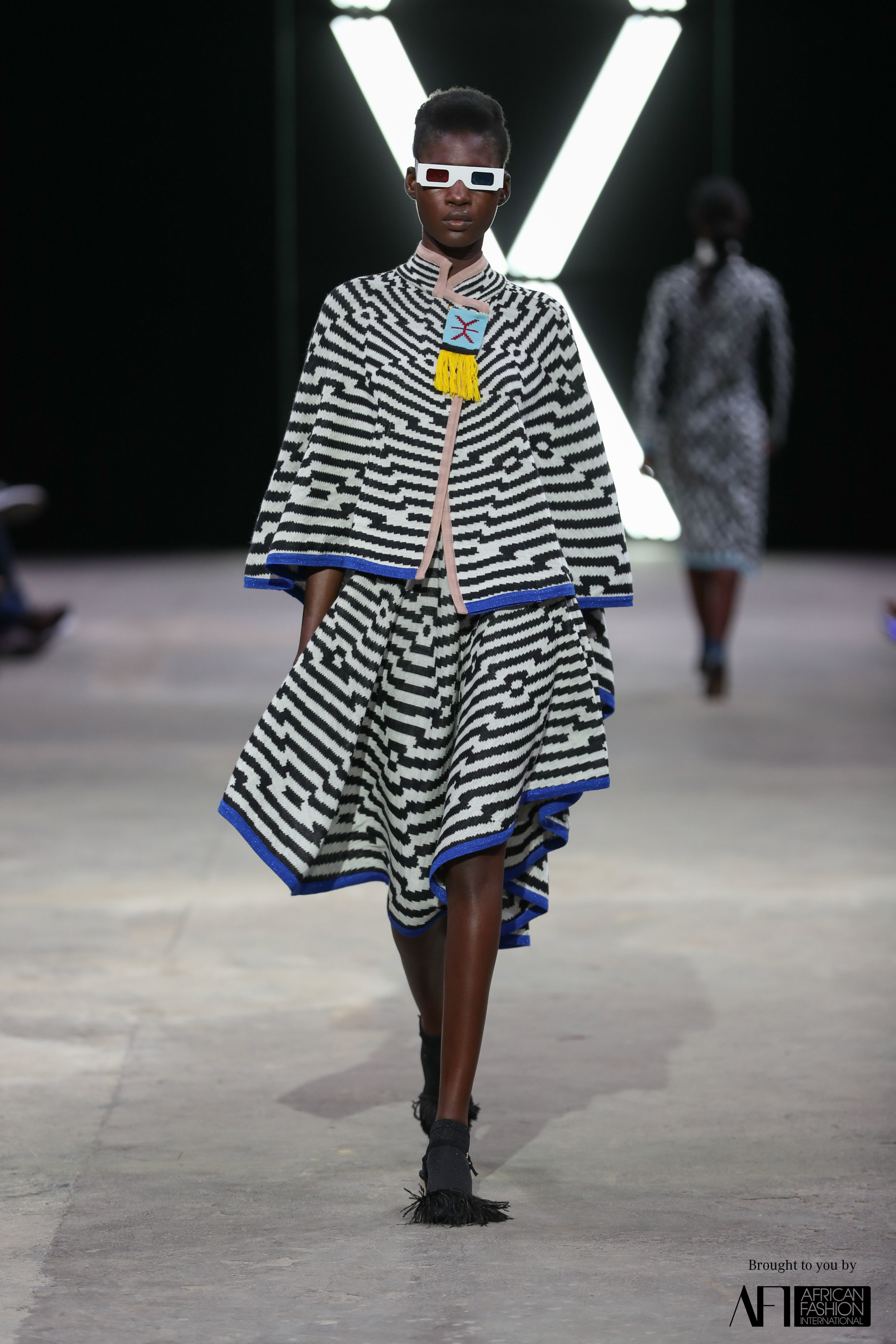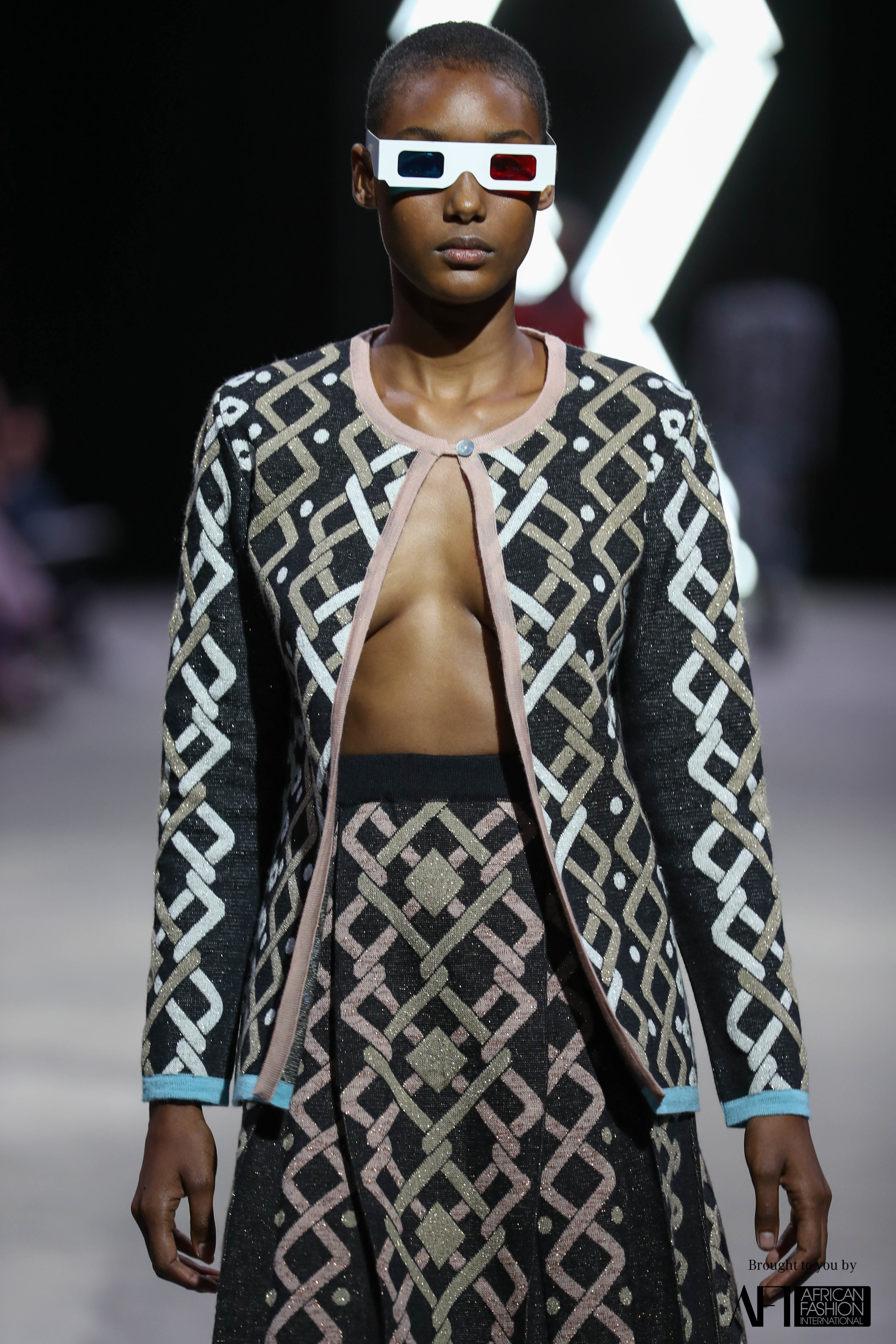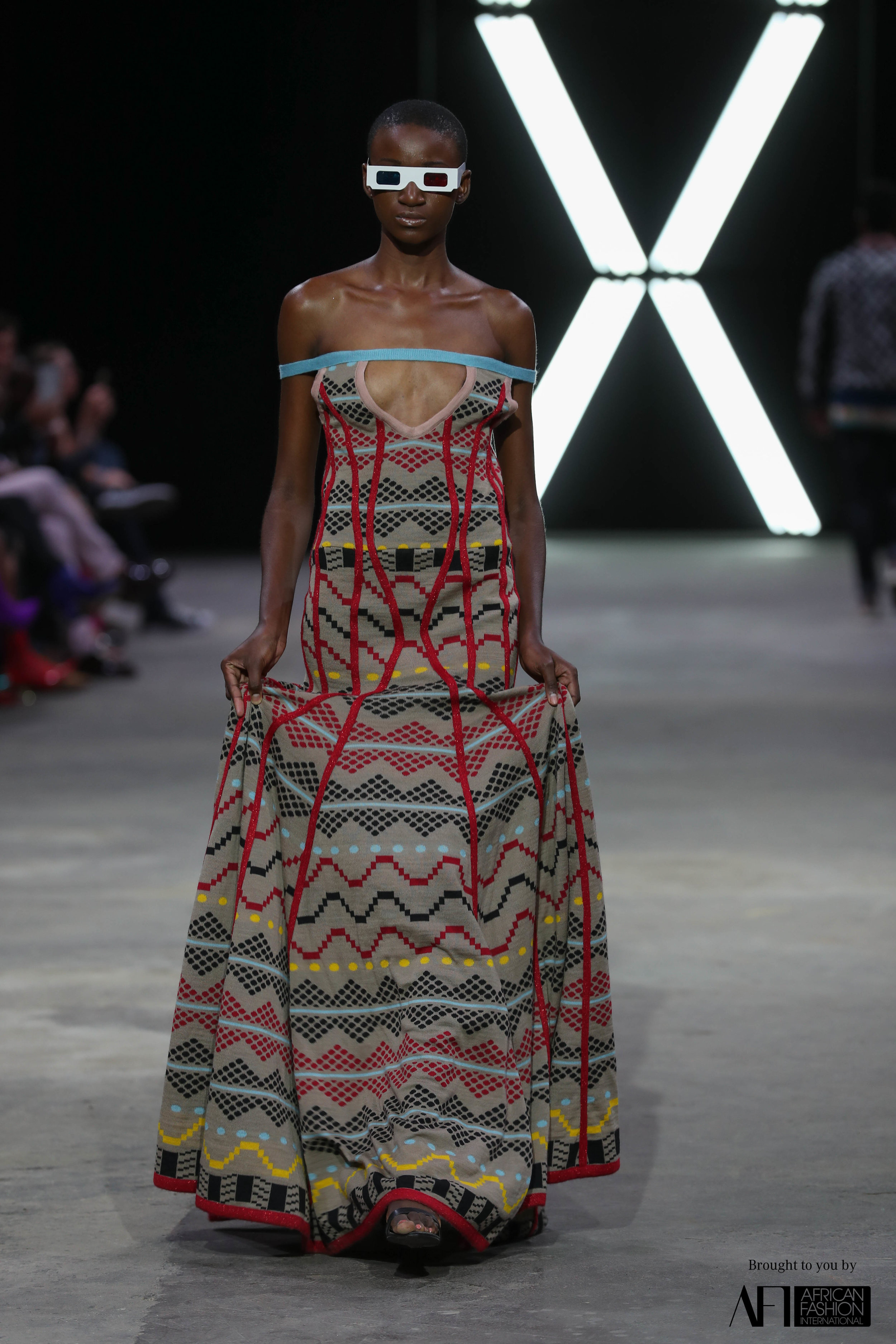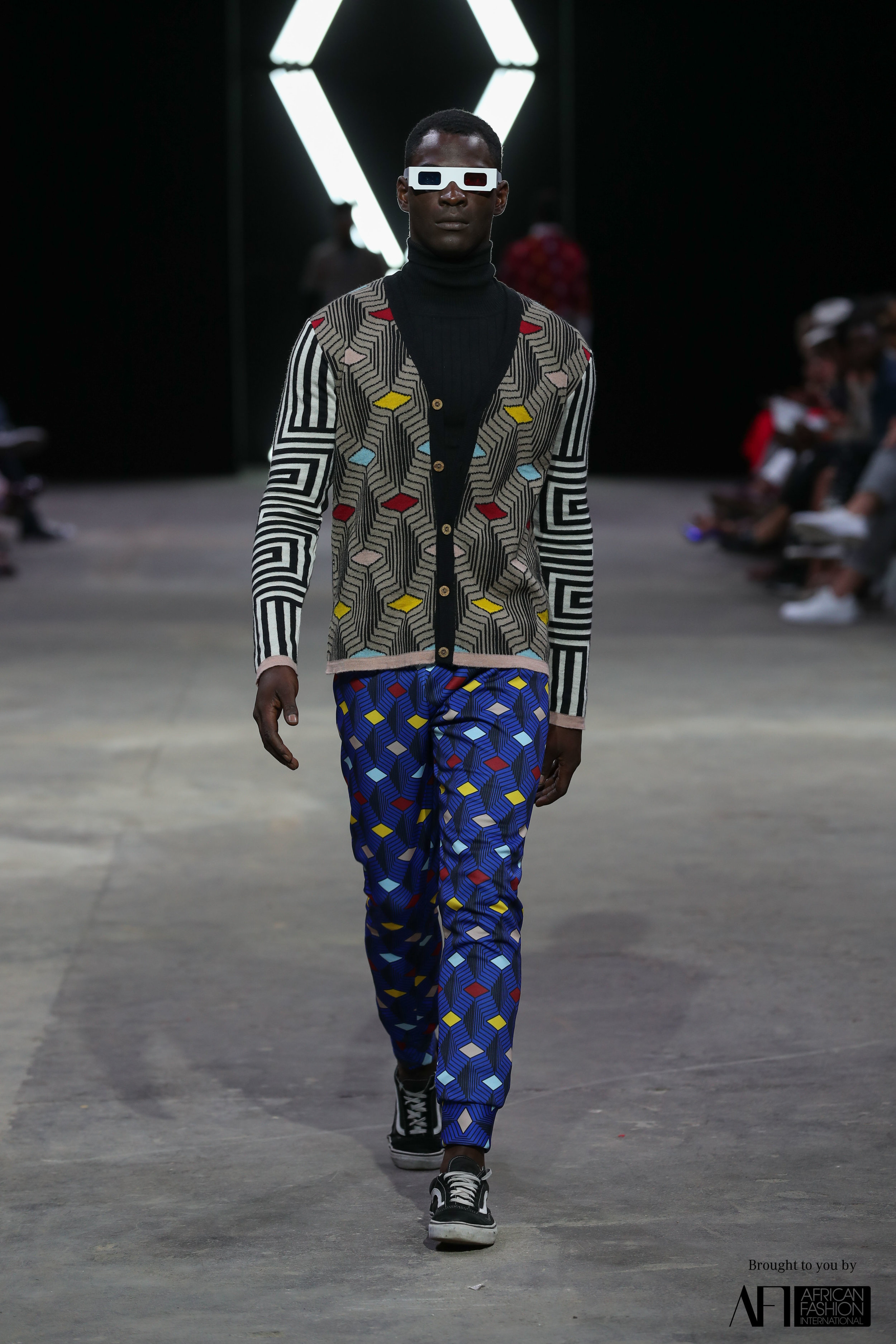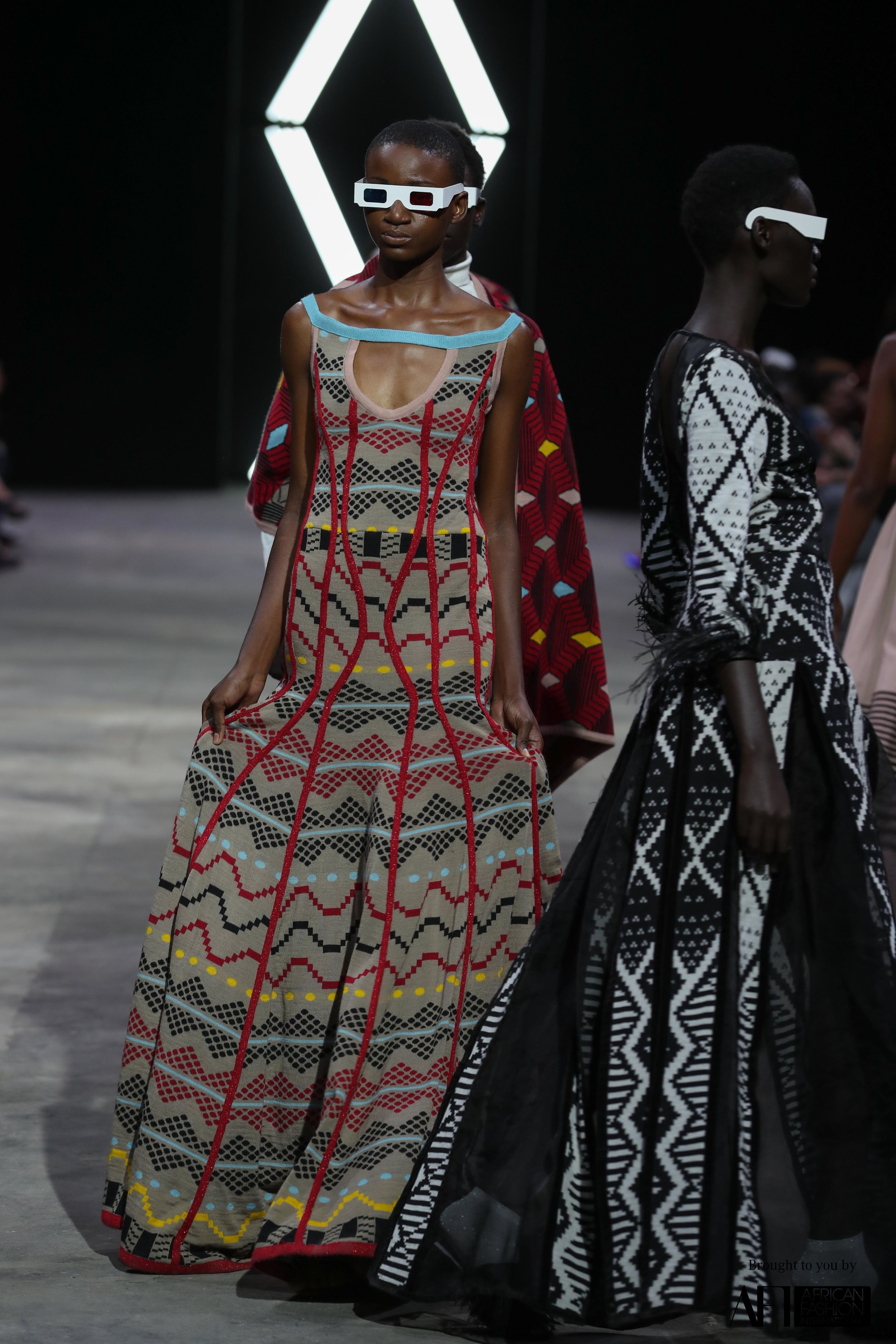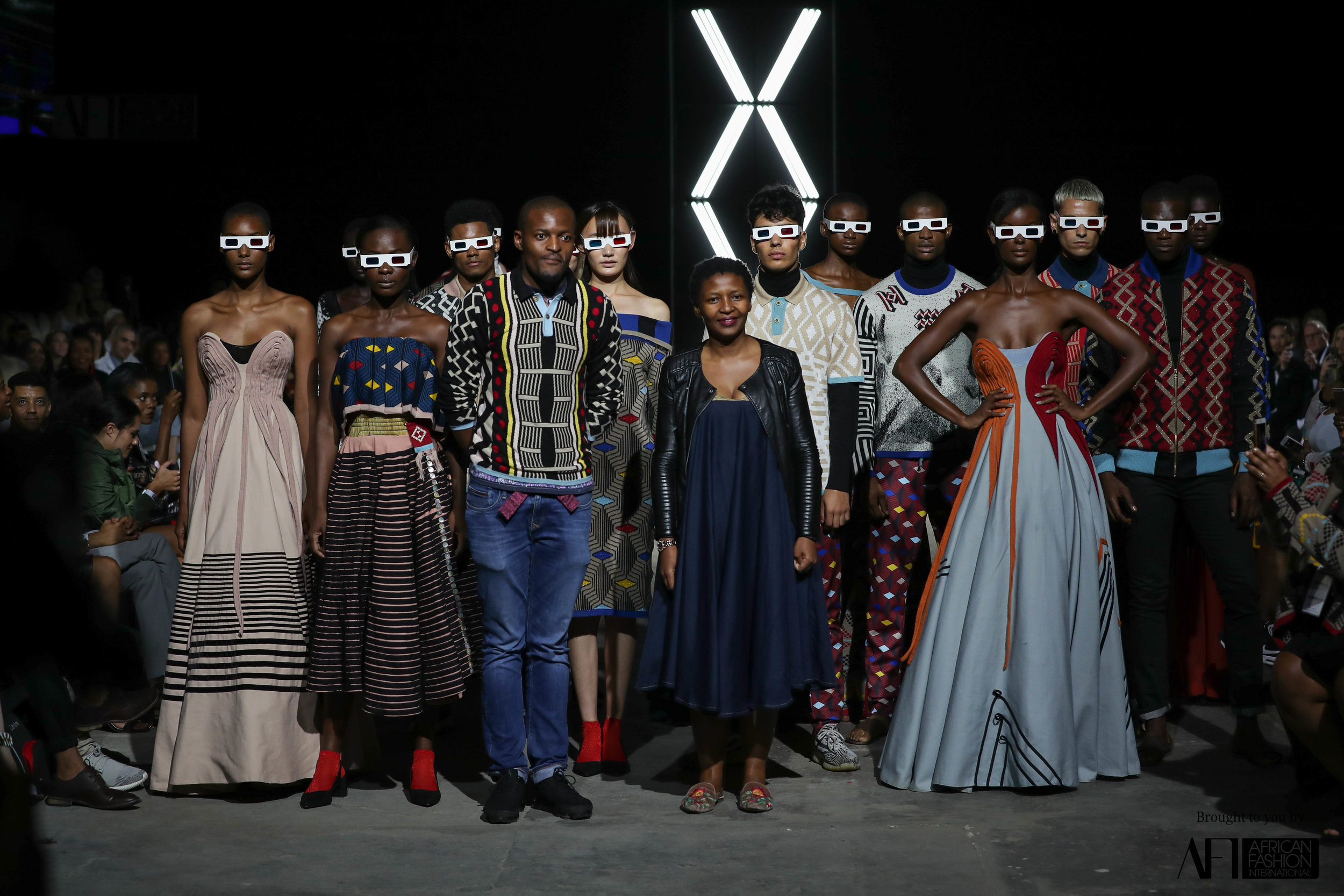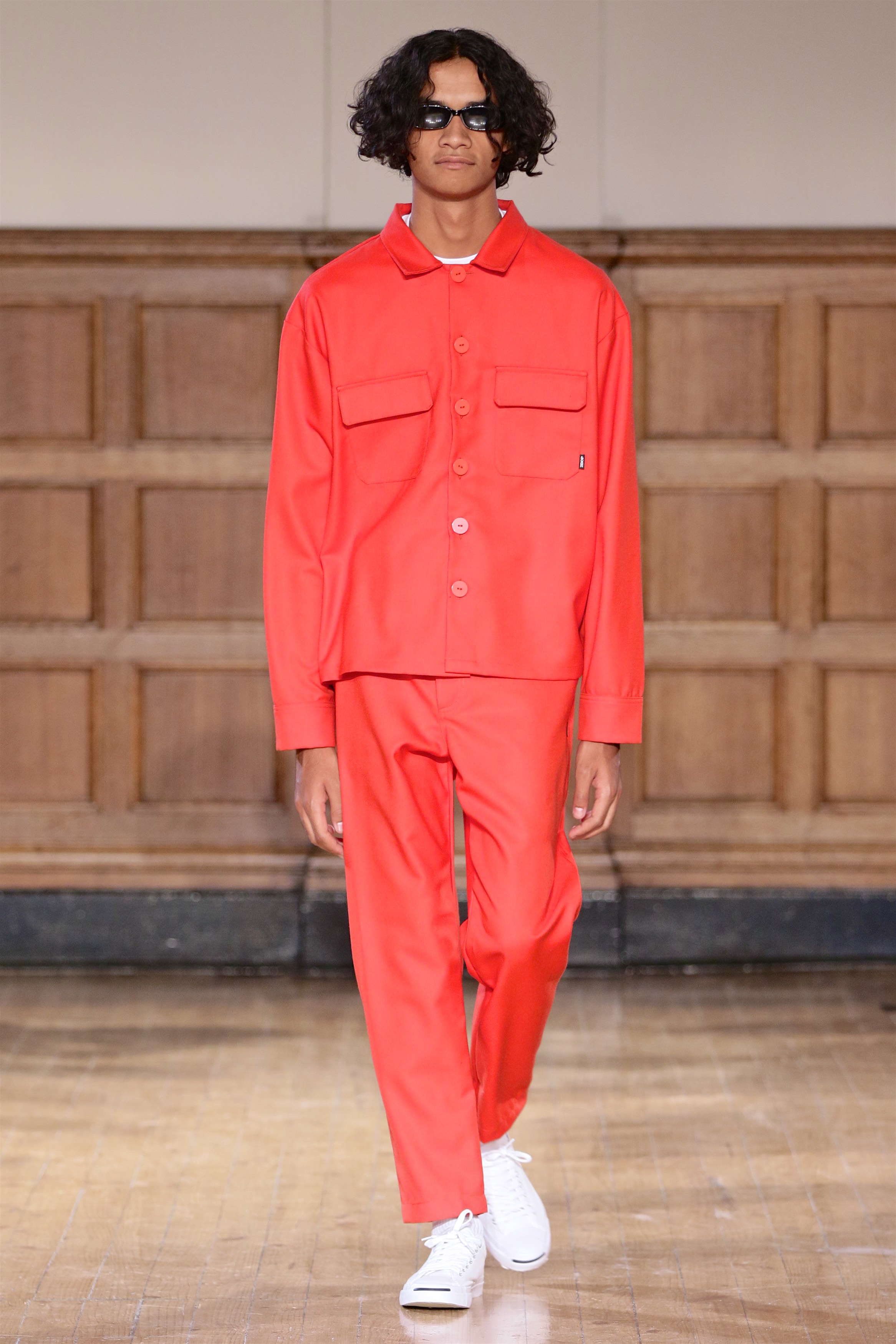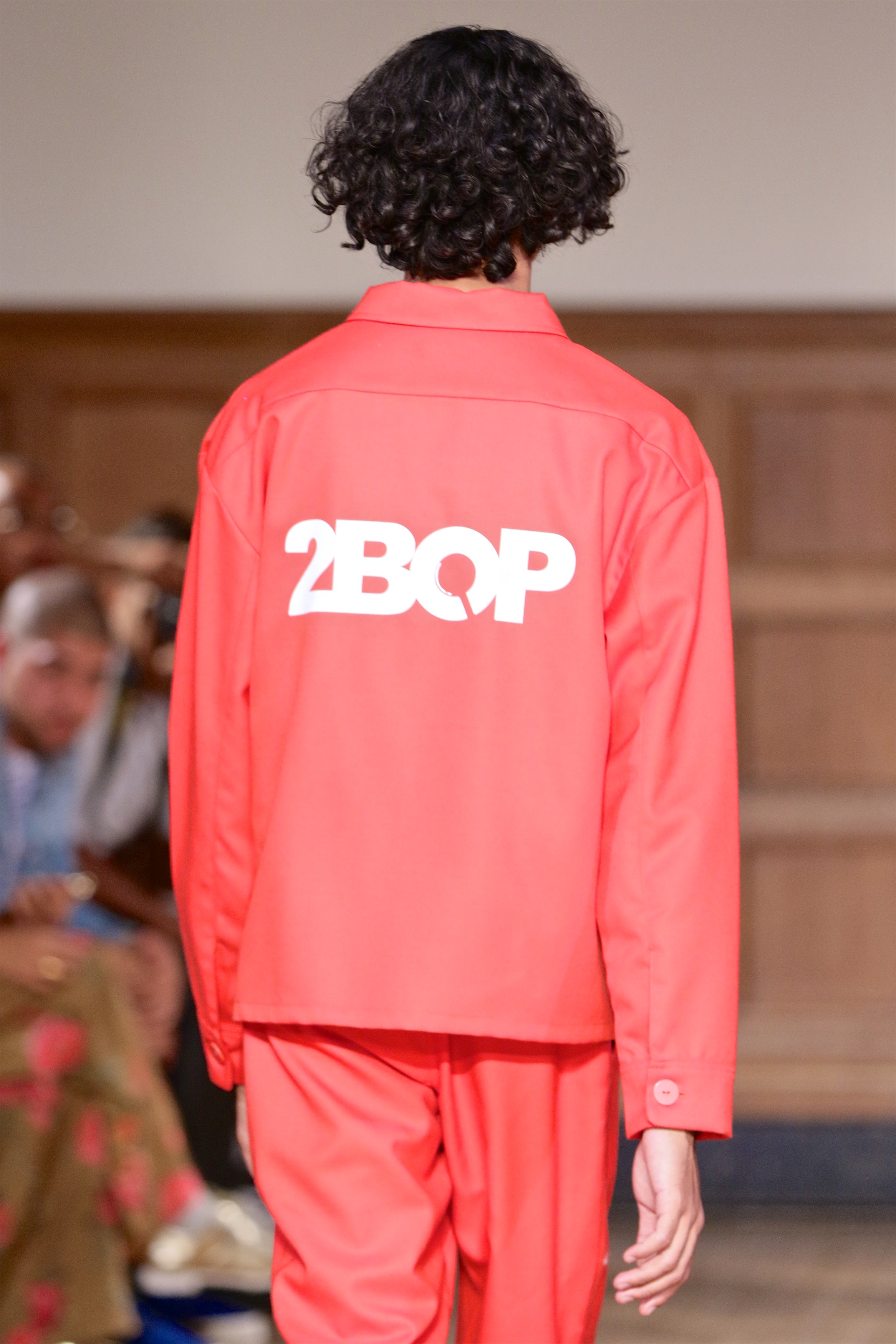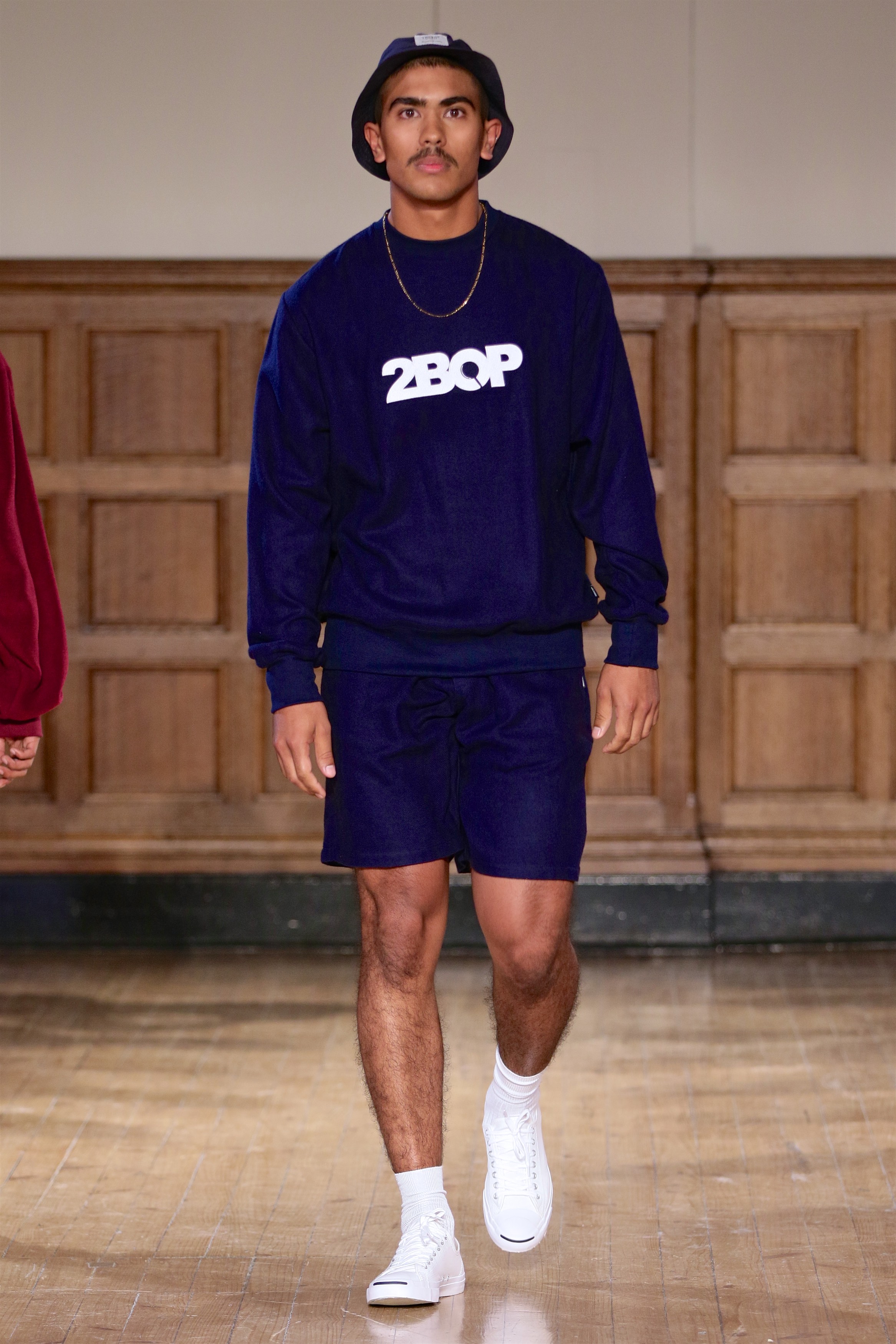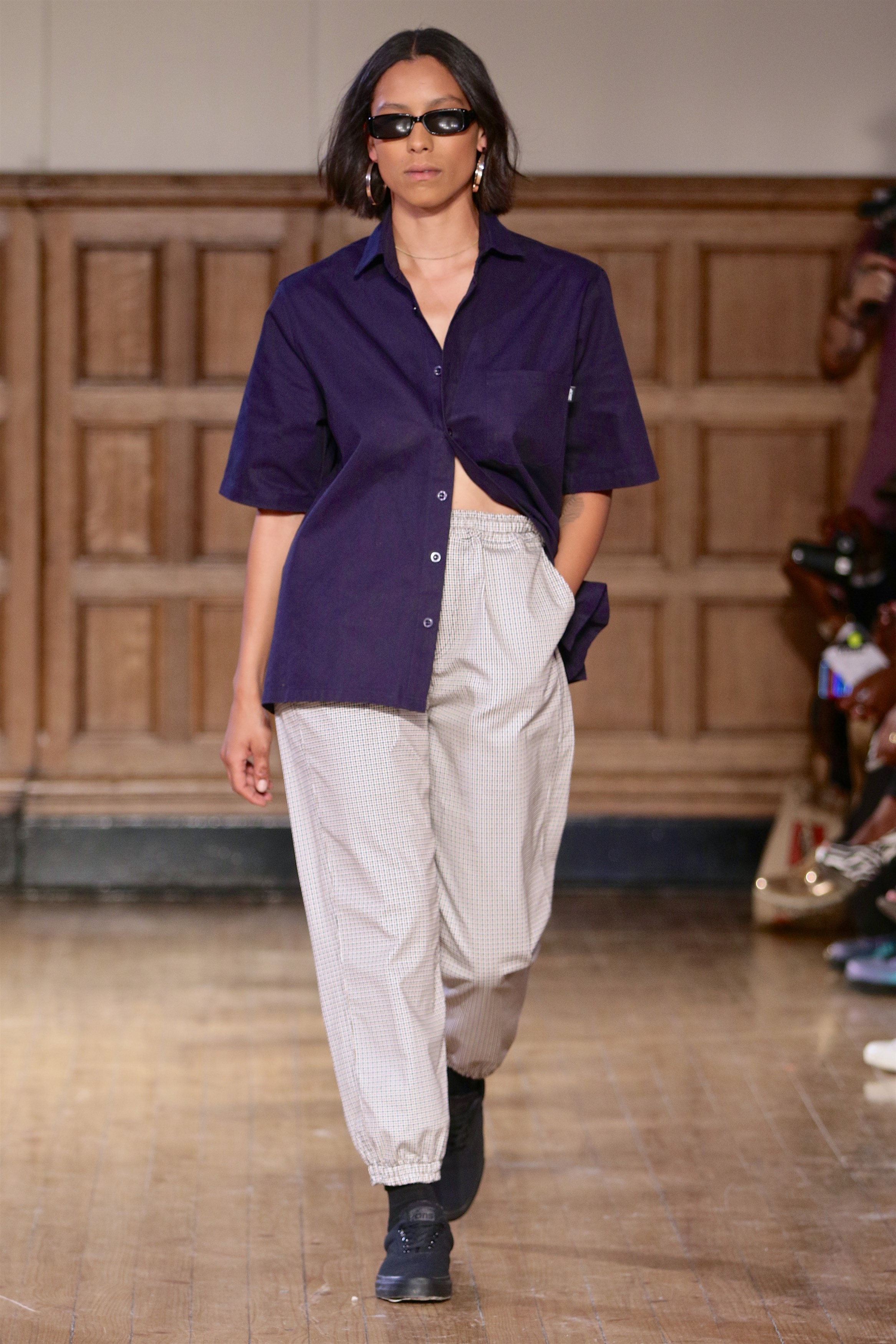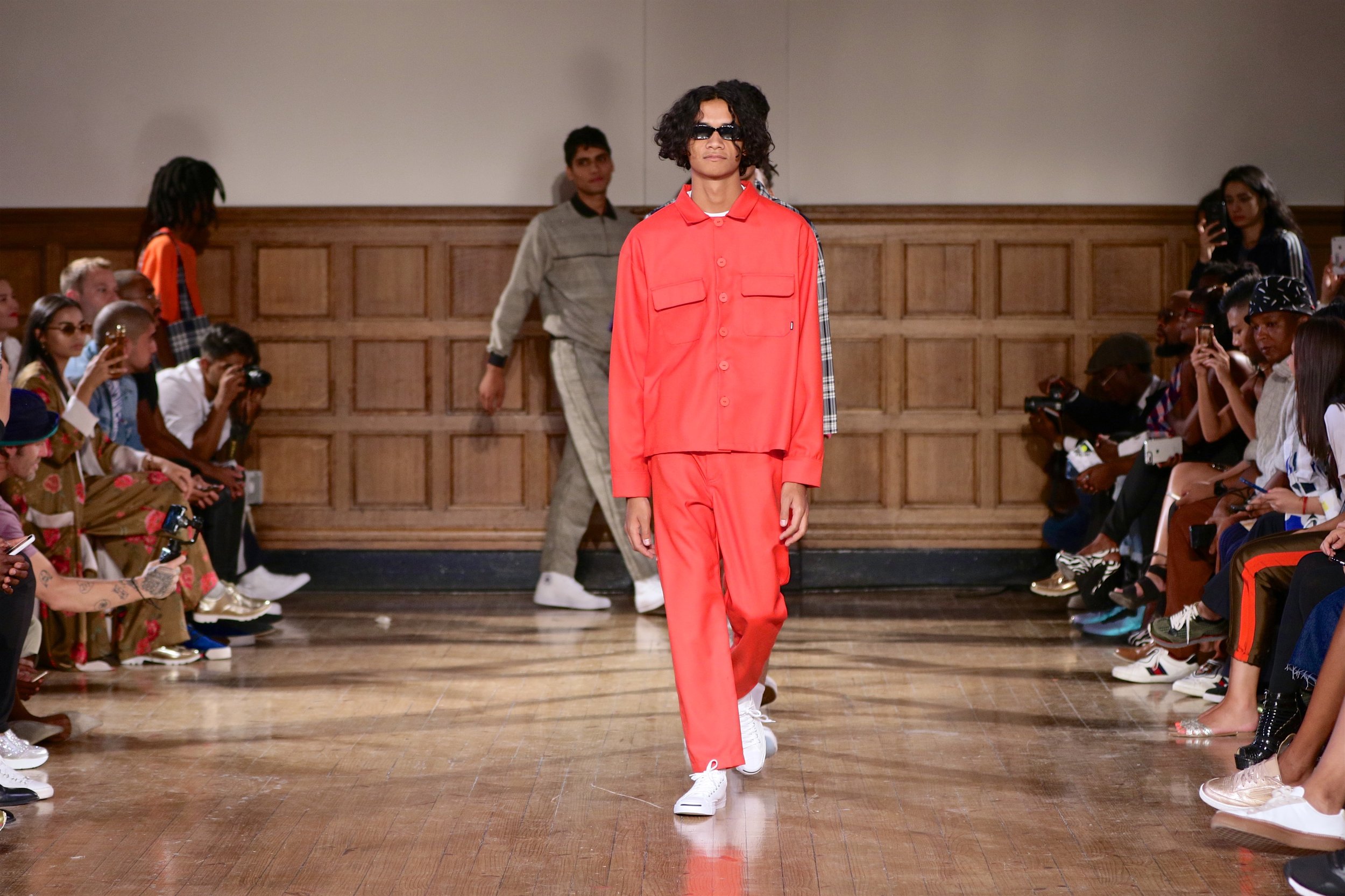Are SA Fashion Weeks Still Relevant?

Words by Caron Williams
African Fashion International recently hosted their Cape Town edition of Fashion Week with continental designers showcasing their creative work. The theme for this year’s Cape Town Fashion Week was #IamAfrica with the aim of “celebrating and showcasing exceptional African creative talent on a global stage.” Whilst the sentiment deserves immense respect, the result of the fashion showcase did not meet the event’s admirable goal. Many of the collections were bland and uninspired and beg the question, are major South African Fashion Weeks still relevant?
Historically, the primary function of Fashion Week was to facilitate brands and fashion houses showcasing their latest collections to buyers and the media, not to be a consumer facing event. With muses, it-girls and the crème le crème of fashion’s high fashion social circles flocking to the front row, it has since become one of the biggest events on the entertainment social calendar. With increasingly diminishing relevance, many South African Fashion Weeks are relying on influencers, bloggers and street style stars to remain relevant, but that has resulted in them gaining the lion’s share of attention and many collections receiving minimal, if any, attention.
With serial plagiarist, Gavin Rajah, still frequenting the local fashion circuit and uninspired collections by Marianne Fassler being showcased on runways across the country, South African Fashion Weeks have become painfully stagnant. The question isn’t a lack of local design talent, we’ve witnessed sublime collections by countless South African designers and fashion houses from across the continent, but there’s a striking disconnect between talent being showcased at AFI Fashion Weeks (formerly Mercedes-Benz Fashion Week) and SA Fashion Weeks and the talent which exists.
"SA fashion weeks are slowly starting to lose relevance because of the fast fashion phenomena. I believe that people who attend the event nowadays don't truly appreciate the designer or the intricacy behind their work. It's become more of a hub for socialites to show face at the event. I think the organizers behind fashion week aren't doing enough to communicate to the consumer market about the event and how we as the consumer should engage with the designer and appreciate their work. Though I do believe they've taken the right steps in ensuring the event's relevance online, in reality it's a completely different story - consumers we're quick to say "this looks really nice" on social media but some of us never truly follow through and actually learn more about the garments or purchase them." - Lulo Rubushe
Photography by SDR
The rise and embrace of African aesthetics on global runways has also resulted in mediocre local white designers attempting to co-opt and profit off African patterns and designs. It raises a complex question - do white designers who have been born and raised in South Africa or other African countries have a right to profit off indigenous African prints and silhouettes? MaXhosa designer, Laduma Ngxokolo, has done an exceptional job creating an authentic fashion brand comprising signature traditional Xhosa patterns. It’s not merely superficial though, part of the success of the MaXhosa by Laduma brand has been what it represents and the narrative it promotes. According to his website, “Ngxokolo established the brand with a desire to explore knitwear design solutions that would be suitable for the amakrwala (Xhosa initiates) traditional dress. As a person who has undergone the ritual, he felt that he needed to develop a premium knitwear range that celebrates traditional Xhosa beadwork aesthetics, using South African mohair and wool.”
Whilst SA Fashion Week and AFI Fashion Week struggle to evolve and reflect where the South African fashion landscape is in 2018, newer fashion weeks such as SA Menswear Week have done a much better job at curating fashion brands that are in tune with where their market’s interests is. Their refreshing selection of talent and balance between emerging and established brands has offered a breath of fresh air in a very stale fashion environment. That being said, there is still a very long way to go for local fashion weeks to be on par with international fashion weeks. The tremendous talent housed on the continent should attract the same respect and stellar shows as those of their international counterparts. If the talent and the audience are doing what’s required of them, why are local fashion weeks dropping the ball?
Photography by SDR
"Fashion Weeks are still important for designers to debut their collections to the world (they are meant to be a PR exercise). We’ve probably reached peak Fashion week, well here in SA, they won’t disappear but they will definitely need to change. They need to reinvent themselves. Fashion Weeks were mainly industry insiders, buyers, business first and you went to connect and network but they have become more about who is there than what it’s meant to be about, the collection and designs. Fashion week needs to leave you feeling inspired and grateful to be a part of this industry which really hasn’t been the case with the last few ones.
With so many fashion weeks taking place, things can get very repetitive and tiring, even for casual observers (social media or print readers). If you include Men’s, Mercedes Benz and AFI there are too many Fashion Weeks happening, which hardly makes it seem very special. My prediction is that smaller brands will go back to more creative presentations to show off their collections, I don’t think they should even be spending a fortune on a runway show anyway, rather focus on a thoughtful presentation or finding the right showroom. They should focus more on platforms where they can walk through the inspirations and talk about and to the customer. Communicating that vision to the customer needs to be is a key part of what we they do, that’s how you create an emotional connection with your audience.
In terms of local Fashion Week front rows, there are some highly influential newcomers to the scene, they are the stars now and that’s why we saw AFI teaming up with some CPT influencers. The biggest hype wasn’t for some main stream celebrity who isn’t even stylish or doesn’t know anything about fashion, but for these influencers arriving for the shows." - Katlego Molaolwa.

